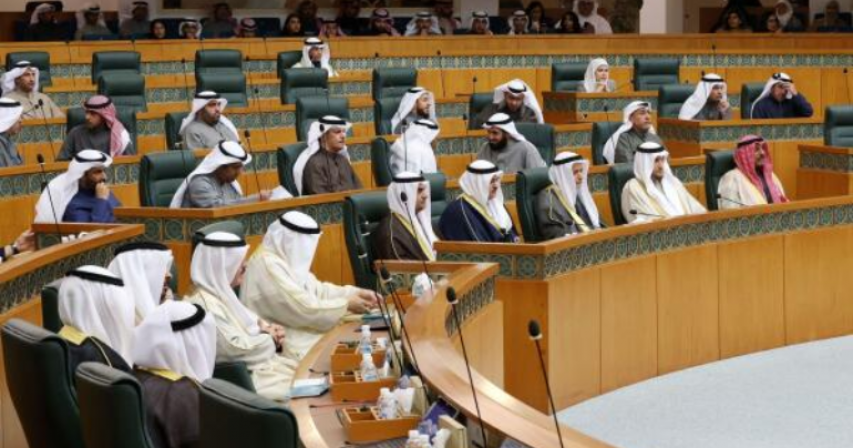Kuwait approves new government amid political crisis

Kuwait's emir approved a new cabinet on Sunday, just two days after dissolving the recently elected parliament. This new cabinet, the 46th in the small emirate's history, is led by Prime Minister Sheikh Ahmed al-Abdullah al-Sabah and includes 13 ministers, two of whom are women.
On Friday, Sheikh Meshal al-Ahmed al-Sabah dissolved the powerful elected legislature and suspended certain constitutional articles, citing interference by lawmakers. The decision to dissolve parliament marked his second such move since assuming the role of emir in December, following the death of his predecessor and half-brother, Sheikh Nawaf al-Ahmed al-Jaber al-Sabah.
Formation of the New Government
The formation of the new government was entrusted to Sheikh Ahmed al-Abdullah al-Sabah, a former oil minister, last month. This occurred two weeks after the now-dissolved National Assembly was elected. The outgoing premier, Sheikh Mohammad Sabah al-Salem al-Sabah, declined to resume his role amid ongoing tensions between the government and the 50-member National Assembly.
Persistent Political Stalemate
Kuwait's political landscape has been characterized by a constant tug-of-war between the government and the Islamist-dominated opposition, which has maintained its influence over parliament for years. The most recent election in early April saw the opposition once again dominate the legislature. Lawmakers have frequently accused government ministers of corruption, while the government has blamed the legislature for hindering development plans.
This persistent wrangling has resulted in a political stalemate, delaying much-needed reforms in the oil-rich Gulf state. The dissolution of parliament was prompted by ongoing tensions and accusations of interference from lawmakers, leading the emir to assume some of the assembly's powers temporarily.
Responsibilities of the New Cabinet
The new cabinet faces significant challenges in navigating the political crisis and implementing reforms. Prime Minister Sheikh Ahmed al-Abdullah al-Sabah and his team of ministers are tasked with addressing the issues that have long plagued Kuwait's governance. These include accusations of corruption and the need for development initiatives that have been stalled by legislative-executive conflicts.
The two women in the cabinet represent a step towards greater gender inclusion in Kuwait's government. However, the overall effectiveness of the new cabinet will depend on its ability to manage the opposition-dominated National Assembly and foster cooperation between lawmakers and executive authorities.
Historical Context
Kuwait has a history of political instability, with frequent changes in government and dissolved parliaments. The emir's recent decision to dissolve the National Assembly and assume some of its powers underscores the ongoing struggle for control and influence within the country. This move is part of a broader pattern of attempts to stabilize governance in Kuwait, which has been marred by persistent disputes and a lack of cohesive political direction.
Conclusion
Kuwait's approval of a new government amid a political crisis highlights the ongoing challenges facing the small emirate. The new cabinet, led by Prime Minister Sheikh Ahmed al-Abdullah al-Sabah, must navigate a complex political landscape characterized by opposition dominance in parliament and long-standing accusations of corruption and development delays. The emir's decision to dissolve the parliament and suspend constitutional articles underscores the severity of the crisis and the urgent need for effective governance to address Kuwait's pressing issues.
By: Sahiba Suri





Comments